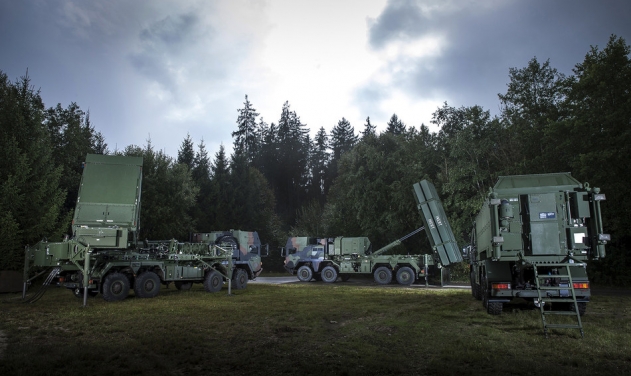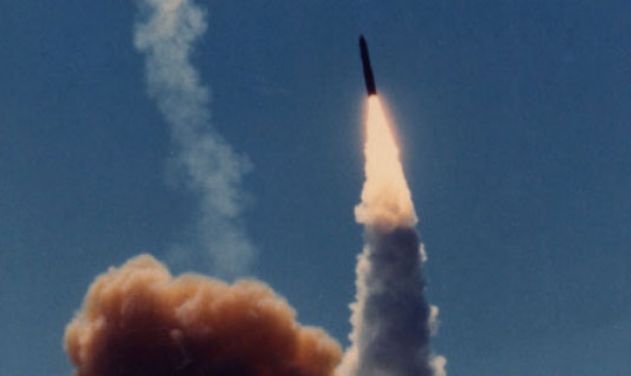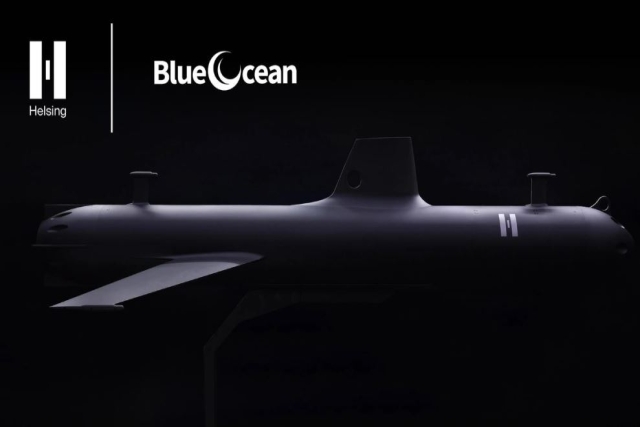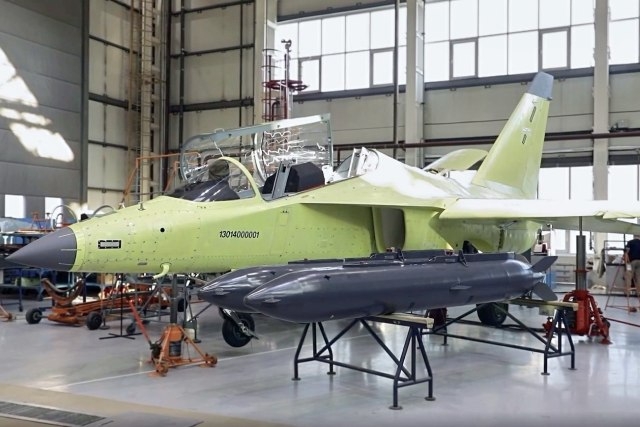Boeing Awarded $5 Billion for Ground-Based Midcourse Missile Defense System
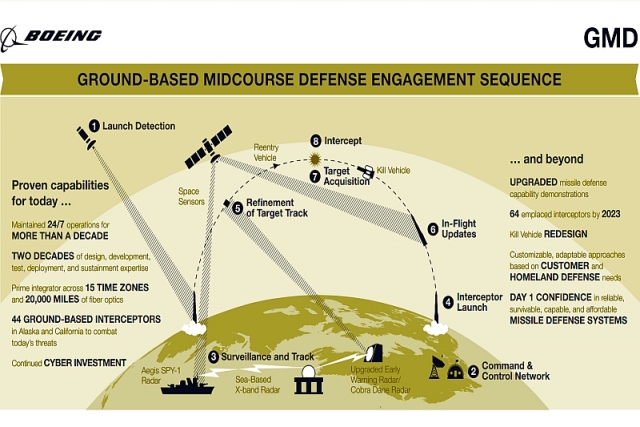
Boeing is being awarded a $5,021,000,000 contract for system integration, test, and readiness (SITR) of the Ground-Based Midcourse Defense (GMD) missile system of the U.S. Missile Defense Agency.
Under this, the contractor is responsible for overall GMD element engineering, integration including physical and logical integration of the GMD Element and components and GMD integration with the Missile Defense System; and planning, and execution of all necessary testing to verify overall requirements compliance, a Pentagon contract announcement said Tuesday.
In addition, SITR is responsible for day-to-day systems operations and readiness, performs routine maintenance functions, performs analysis related to GMD Element health and availability, and executes failure/fault checklists, as appropriate. A task order in the amount of $506,670,786 is being issued at this time.
The ordering period is from Sept. 1, 2022, through Aug. 31, 2027. Fiscal 2022 research, development, test and evaluation funds in the amount of $4,548,306 are being obligated on this award. The Missile Defense Agency, Huntsville, Alabama, is the contracting activity.
According to Boeing information:
The Ground-based Midcourse Defense (GMD) is designed to detect, intercept and destroy long-range ballistic missiles during their midcourse phase of flight.
The system provides early detection and tracking during the boost and midcourse phase, as well as target discrimination, precision intercept and destruction of the target through force of collision. GMD is an integral element of the U.S. Missile Defense Agency's layered ballistic missile defense architecture. Boeing designs, produces, integrates, tests and sustains all GMD components deployed across 15 time zones.
In September 2021, Boeing and the U.S. Missile Defense Agency (MDA) successfully demonstrated an advanced interceptor capability for the GMD system. The test included launching a Ground-Based Interceptor (GBI) into space with a three-stage booster in two-stage mode, allowing the GBI to release the kill vehicle earlier in flight, providing an earlier opportunity to intercept and defeat a missile threat.
